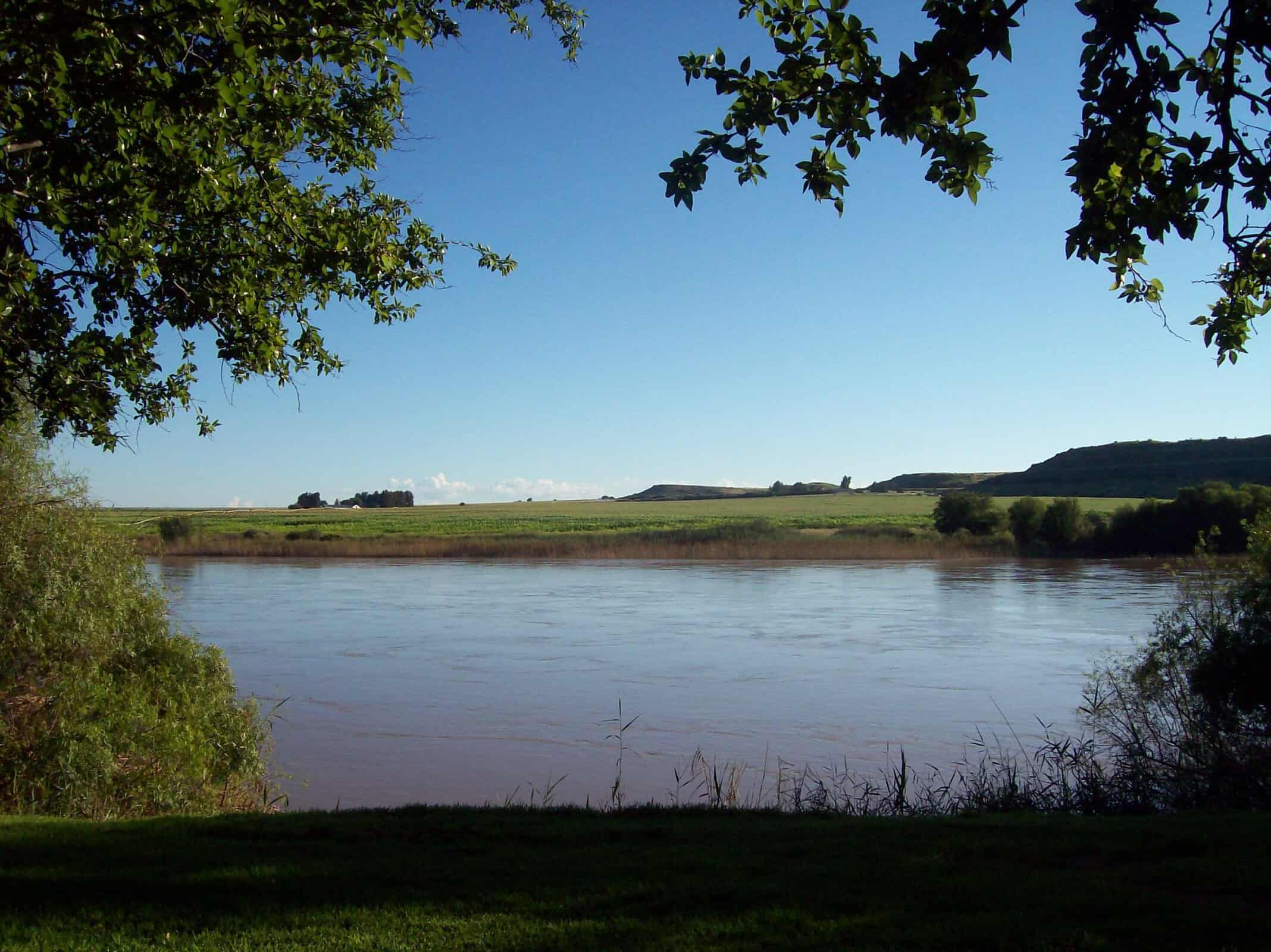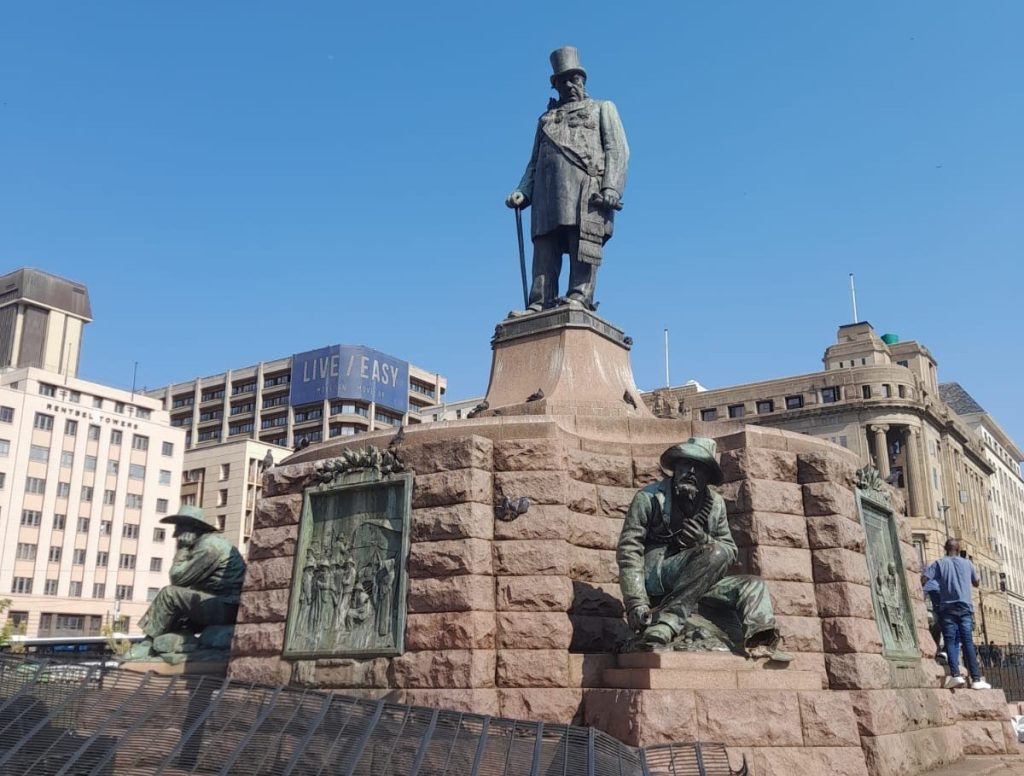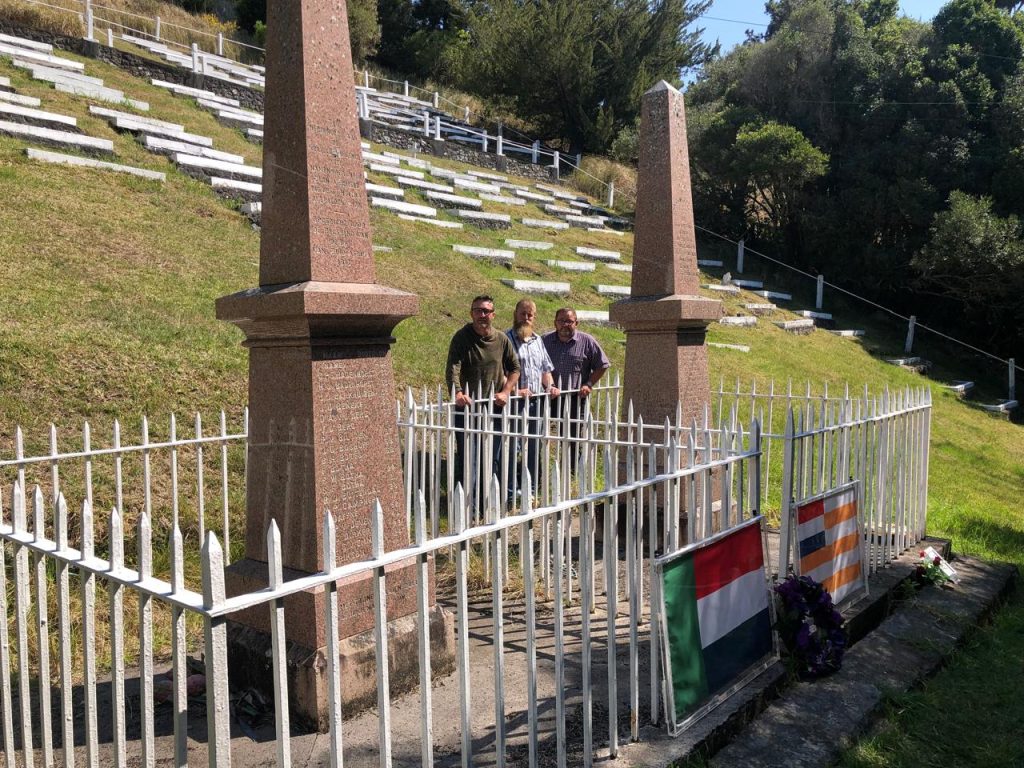Robert Gordon was born in 1743 in Gelderland, The Netherlands. His father was of Scottish heritage but was a devoted Dutch citizen.
As a young man Gordon joined the Scottish regiment in The Netherlands and also studied further in natural sciences. From 1773 to 1774 he visited the Cape for the first time, took part in exploration expeditions and, upon his return, he even took springbucks along for the Dutch king’s collection of animals! At that time royals liked to keep personal zoos and obtained exotic species for it.
In 1776 Gordon was appointed as captain in the Cape garrison. Later Gordon would become commander of the garrison – a big task, because at times the garrison consisted of up to 3 000 members.
After his arrival to the Cape in 1777, Gordon once more participated in inland exploration expeditions. In this year he first saw the Great Gariep or Orange river, and in 1779 he went looking for the mouth. On 17 August 1779 he reached the mouth and gave the river the name of ‘Oranje’ (Orange), in honour of William V of Orange, the Dutch stadtholder.
Today Gordon is remembered for his excellent cartography, sketches, journey descriptions, first notes on the Khoi and San languages, as well as collections of fauna and flora. He was also responsible for the establishment of the wool industry in Southern Africa and Australia, with the import of merino sheep to both.
After the British occupation of the Cape in 1795, Gordon was falsely accused of treason against The Netherlands. It was so embarrassing for him that he committed suicide on 25 October 1795. His wife and their four sons left the Cape thereafter and established themselves in Switzerland – his wife’s birth country.
Gordon’s house – “Schoonder Sigt” – still stands in Oranjezicht, Cape Town, today. With my last visit to the house it was known as Flower Street Villa, a guesthouse.
Share on
Latest articles




















